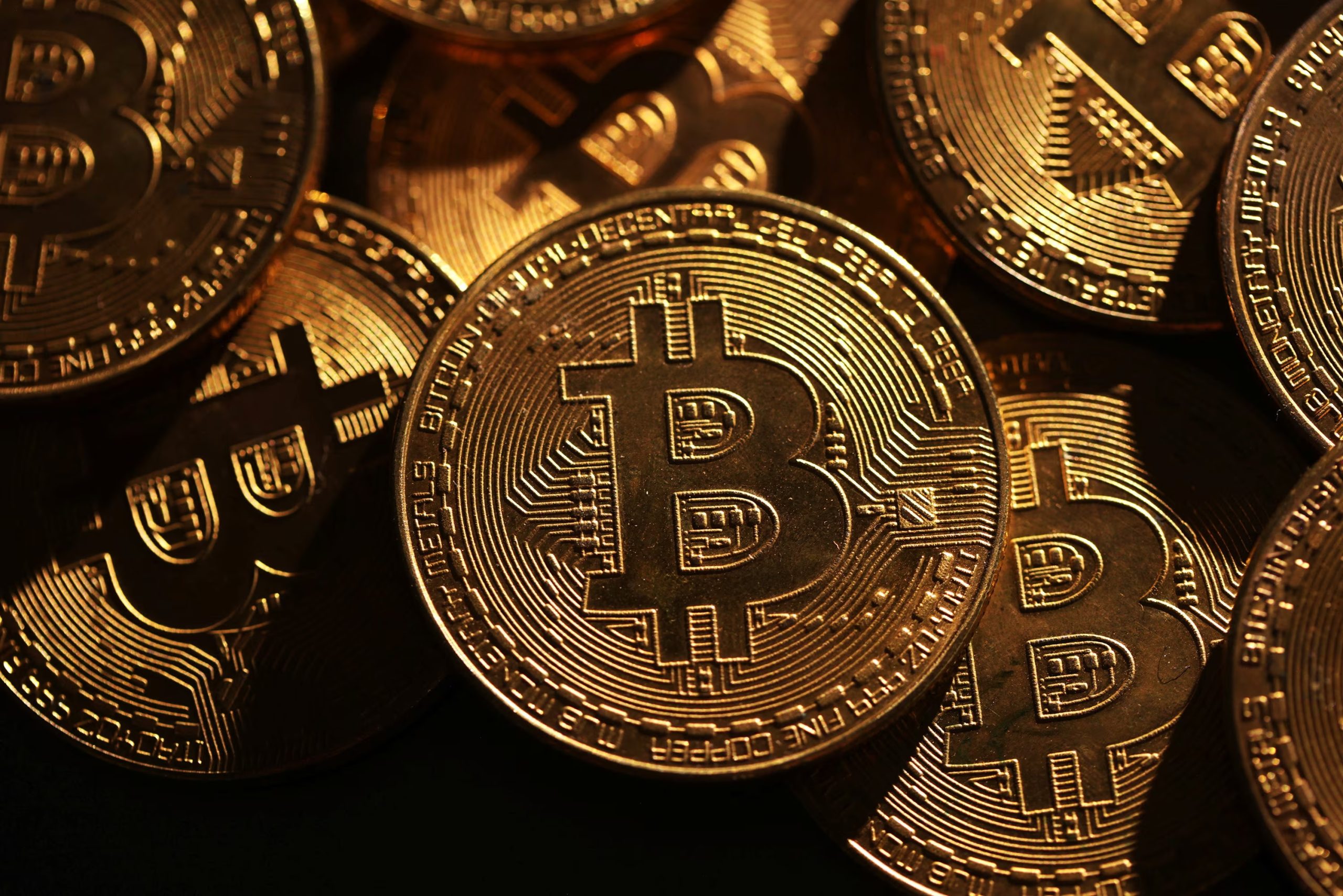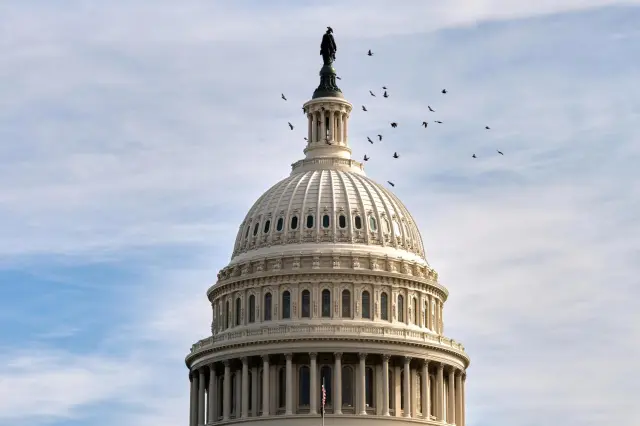Japan weighs new limits on crypto-hoarding by listed companies

Growing unease over unconventional treasury strategies
Japan’s largest stock market operator is considering a significant shift in how publicly traded companies are allowed to handle digital assets, after a wave of small and mid-cap firms began redirecting their business models toward aggressive cryptocurrency accumulation. The Japan Exchange Group (JPX), which oversees the Tokyo Stock Exchange, has been examining whether large holdings of Bitcoin or other tokens held primarily as speculative assets should trigger stricter disclosure rules, enhanced oversight, or even eligibility limits for certain listing categories. The initiative gained attention in early November after analysts highlighted how a handful of companies had seen dramatic stock price surges driven almost entirely by their crypto exposure rather than their core operations.
Regulators fear that such practices blur the line between running a listed business and acting as a de facto investment vehicle for digital assets, especially when firms pivot abruptly into crypto without a coherent business plan. Several companies that once specialised in entertainment, lifestyle products or real-estate services have begun allocating a major portion of their treasury reserves to Bitcoin, portraying the move as a “strategic hedge” against inflation and currency volatility. Critics argue that investors may not fully grasp the risks of such sudden asset-heavy transitions, particularly if companies lack in-house expertise in managing crypto portfolios or if they rely on hype to elevate stock valuations. Officials say the issue is less about whether digital assets have long-term value and more about ensuring appropriate governance, risk controls and transparency.

Suspicion also surrounds the use of reverse mergers and backdoor listings, which allow smaller companies with minimal operating revenue to enter the exchange and immediately reposition themselves as crypto-focused entities. The JPX has reportedly reviewed internal proposals that would require a minimum percentage of revenue to originate from core operations, rather than gains from holding or trading digital assets. Another idea would classify “non-operational digital asset accumulation” as a high-risk activity requiring quarterly stress tests, clearer reporting on custodial arrangements, and limits on speculative balance-sheet concentration. While none of these ideas represent final policy, the signal is clear: regulators want to avoid the volatility of the crypto market spilling into the reputation of Japan’s broader equities sector.
Resistance is emerging from companies that argue they are simply exercising diversification strategies similar to those practiced by global technology firms that allocate a share of their reserves to digital assets. Supporters of a more permissive approach say Japan should position itself as a crypto-friendly financial hub to attract innovation and global investment. But institutional investors appear divided. Some pension funds quietly back tougher rules, noting that sudden crypto-driven rallies often reverse just as quickly, exposing retail investors to losses they did not anticipate. Others warn that overly tight rules could push blockchain-oriented firms to list overseas instead. As the debate intensifies, analysts note that Japan’s current stance sits between the strict prudential approach of the European Union and the comparatively hands-off posture of the United States.

For readers in Bangladesh, the discussion feels timely. The country’s financial regulators have gradually adopted a more cautious stance on digital assets, emphasising the need to protect novice investors from volatility and fraud. Although cryptocurrency trading is restricted, interest remains high among young professionals and tech workers, and several companies have explored blockchain-based services for remittances or micro-payments. Japan’s deliberations offer a potential blueprint for how emerging markets might one day manage corporate crypto exposure, balancing innovation with strong consumer safeguards. Analysts say that as more Asian companies experiment with holding digital assets on their balance sheets, regional coordination may be necessary to maintain financial stability.
Whether Japan ultimately tightens its rules or opts for more modest adjustments, the conversation underscores a broader global shift: digital assets are no longer fringe curiosities but part of mainstream financial decision-making. The challenge for regulators is to design systems that prevent reckless speculation without stifling legitimate technological progress. For now, investors are watching closely, knowing that any move by Tokyo—Asia’s largest developed capital market—could influence regulatory thinking across the region.




















